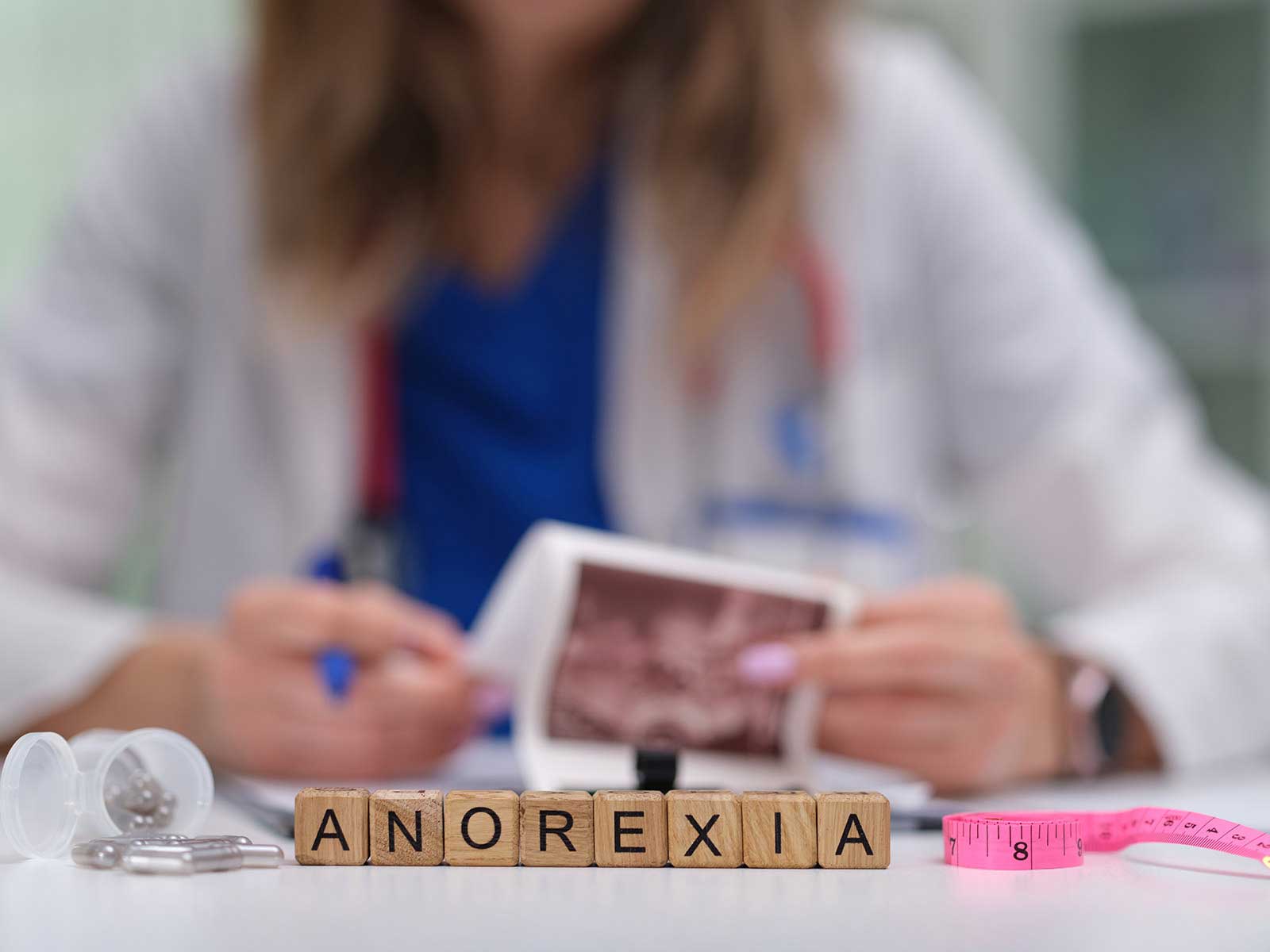
Anorexia nervosa is a disease of the way of eating, in which the individual is extremely afraid of increasing weight and thus limits the amount of food they take in their diet. Although underweight, the perception turns out to be overweight and they pursue the extreme fad to remain thin. In the ICD-10, this condition has medically coded F50.0.
Early on, anorexia may be hard to spot, but look for these warning signs:
Several factors can contribute to the development of anorexia nervosa:
GastroDoxs in Cypress provides sensitive, holistic treatment of eating disorder like anorexia. Our team of multidisciplinary experts-gastroenterologists, dietitians and mental professionals-collaborate to create the individualized treatment plan that is going to meet all your needs-board both physical and emotional. Treatment in a more convenient and localized setting, steps to be followed clearly, and the continuous support make us determined to make you lead a more balanced life.
Ready to take the first step? Book your appointment today and start your journey to recovery with GastroDoxs.
We've successfully treated more than 1.5K patients, helping individuals improve their digestive health and overall well-being through expert, personalized care.
With over 20 years of experience, GastroDoxs has been a trusted provider of gastroenterology care, focusing on delivering the best outcomes for patients
Anorexia nervosa has a code of F50.0, which is the ICD-10 code.
These usual physical symptoms include sudden weight loss, thinning hair, dry skin, feeling cold frequently, weakness, dizziness, and in girls or women, the absence of menstrual periods.
Anorexia is characterized by a drastic reduction in food consumption and an intense fear of gaining weight. Bulimia, on the other hand, involves cycles of binge eating followed by purging behaviors such as vomiting or using laxatives.
A combination of genetic factors, family history, low self-esteem, perfectionism, societal pressure to be thin, and disruptions in brain-gut communication can contribute to the development of anorexia.
Yes. Early intervention offers the best outcome. Treatment typically involves medical monitoring, nutritional guidance, psychological counseling, and in some cases, medication.
Doctors may prescribe antidepressants or anti-anxiety medications to manage mood swings and support overall treatment.
Recovery time varies. Some individuals may improve within a few months, while others may require a year or more of continuous support.
Yes. There is a risk of relapse. However, consistent follow-up care and support from healthcare providers can help prevent recurrence.
GastroDoxs in Cypress is a center offering comprehensive, integrated care for patients with anorexia.
If you are experiencing rapid weight loss, skipping meals, or showing other signs of anorexia, it is important to speak with a doctor or specialist immediately.